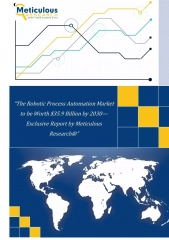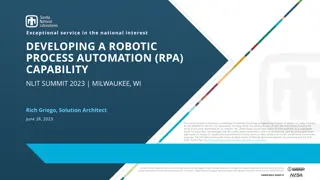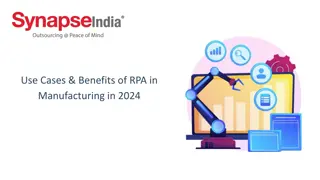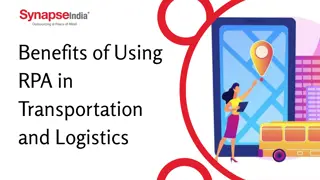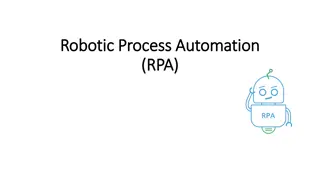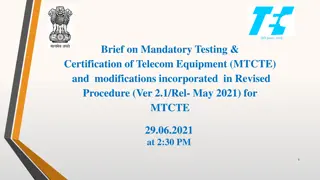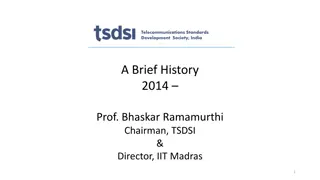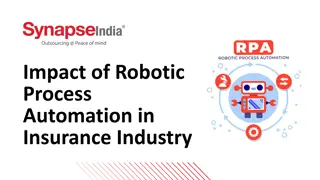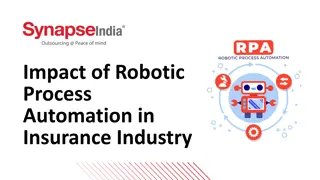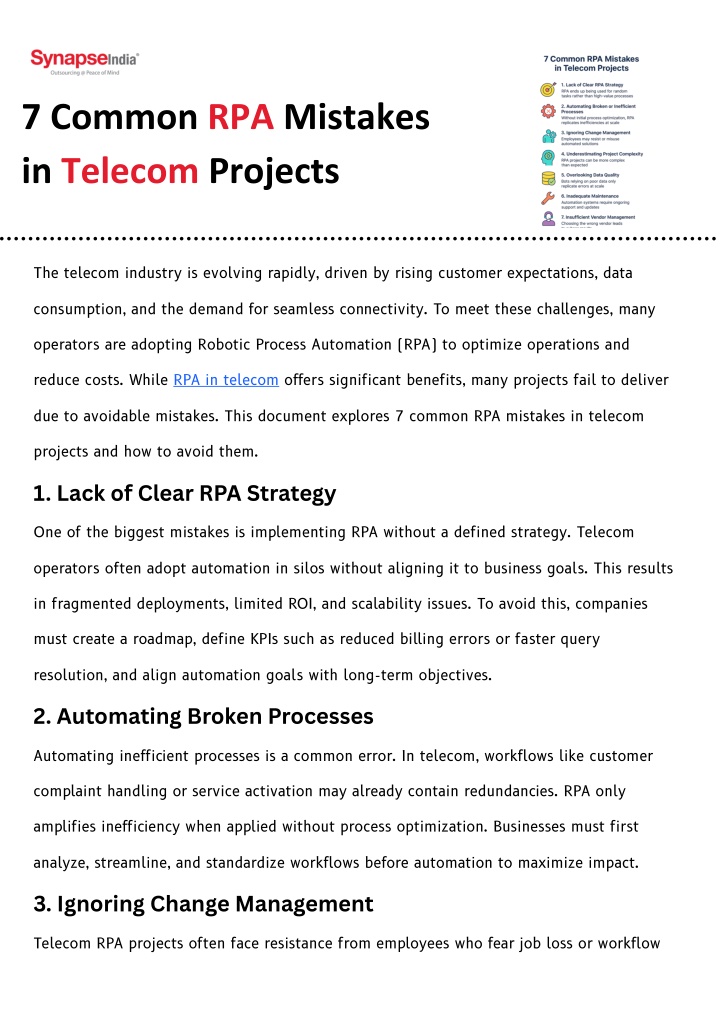
Comprehensive Software Development for RPA in Telecom Industry
Deliver smarter telecom services with Software solutions focused on RPA in Telecom Industry. We automate repetitive tasks such as billing, data management, and order handling. By reducing manual errors and optimizing processes, our RPA services enabl
Uploaded on | 0 Views
Download Presentation

Please find below an Image/Link to download the presentation.
The content on the website is provided AS IS for your information and personal use only. It may not be sold, licensed, or shared on other websites without obtaining consent from the author. If you encounter any issues during the download, it is possible that the publisher has removed the file from their server.
You are allowed to download the files provided on this website for personal or commercial use, subject to the condition that they are used lawfully. All files are the property of their respective owners.
The content on the website is provided AS IS for your information and personal use only. It may not be sold, licensed, or shared on other websites without obtaining consent from the author.
E N D
Presentation Transcript
7 Common RPA Mistakes in Telecom Projects The telecom industry is evolving rapidly, driven by rising customer expectations, data consumption, and the demand for seamless connectivity. To meet these challenges, many operators are adopting Robotic Process Automation (RPA) to optimize operations and reduce costs. While RPA in telecom offers significant benefits, many projects fail to deliver due to avoidable mistakes. This document explores 7 common RPA mistakes in telecom projects and how to avoid them. 1. Lack of Clear RPA Strategy One of the biggest mistakes is implementing RPA without a defined strategy. Telecom operators often adopt automation in silos without aligning it to business goals. This results in fragmented deployments, limited ROI, and scalability issues. To avoid this, companies must create a roadmap, define KPIs such as reduced billing errors or faster query resolution, and align automation goals with long-term objectives. 2. Automating Broken Processes Automating inefficient processes is a common error. In telecom, workflows like customer complaint handling or service activation may already contain redundancies. RPA only amplifies inefficiency when applied without process optimization. Businesses must first analyze, streamline, and standardize workflows before automation to maximize impact. 3. Ignoring Change Management Telecom RPA projects often face resistance from employees who fear job loss or workflow
changes. Ignoring change management leads to poor adoption and reduced effectiveness. Organizations should involve staff early, provide training, and highlight how RPA eliminates repetitive tasks while enabling employees to focus on strategic initiatives. 4. Underestimating Data Complexity Telecom companies deal with vast amounts of data from billing systems, CRMs, and network operations. Underestimating the complexity of integrating this data with RPA tools is a critical mistake. Proper data governance, validation, and integration planning are essential to avoid errors and ensure automation success. 5. Poor Vendor Selection Choosing the wrong RPA vendor can stall telecom automation projects. Many companies select tools without evaluating scalability, support, or compatibility with telecom systems. A robust vendor selection process, including pilot projects and proof-of-concepts, helps ensure the chosen RPA solution aligns with telecom requirements. 6. Focusing Only on Cost Reduction While reducing costs is a major driver of RPA, focusing only on cost savings limits the full potential of automation. In telecom, RPA can enhance customer experience, improve compliance, and support service innovation. A balanced approach ensures both financial and operational benefits. 7. Lack of Scalability Planning Many telecom companies start with small RPA pilots but fail to plan for scale. Without scalability, automation benefits remain limited to isolated functions. To succeed, telecom operators should design RPA frameworks that expand across departments, integrate with enterprise systems, and support future technologies. Conclusion RPA in telecom offers immense potential, from automating billing processes to improving
customer service. However, success depends on avoiding these common mistakes lack of strategy, poor change management, weak vendor choices, and ignoring scalability. By addressing these challenges, telecom operators can unlock higher efficiency, better customer experiences, and long-term competitive advantage. www.synapseindia.com Info@synapseindia.com +1-855-796-2773


